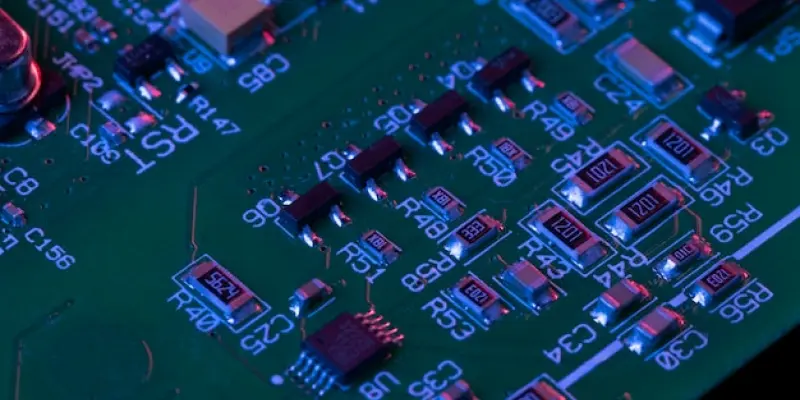In a marketplace known for its fierce competition and rapid innovation, AMD has claimed a significant victory in Germany’s GPU sector. This success story centers on the impressive performance of the Radeon RX 9070 XT, a graphics card that has outpaced its rivals in the German market. Recent sales data from Mindfactory, a prominent German retailer, shows that the RX 9070 XT was the best-selling GPU last week, leaving contenders like the RX 7800 XT and Nvidia’s RTX 5060 Ti in its wake. AMD’s commanding lead captured over half of Germany’s GPU sales volume, although Nvidia retained almost 60% of the sales revenue, credited to their higher average price points. AMD’s Radeon 9000 series broke records by achieving sales ten times higher than previous models within its first week of release. Nonetheless, the apparent affinity Mindfactory has for AMD, possibly due to promotions and bundles, necessitates a critical look at these results.
Market Success and Challenges
While AMD’s dominance in Germany is both notable and commendable, it is essential to evaluate the broader context to grasp the full picture. The recent sales surge of the RX 9070 XT might not accurately portray the global GPU landscape, as the card’s traction in international markets still lags behind its primary competitor, Nvidia. Valve’s Steam survey data corroborates this, continuing to highlight Nvidia as the frontrunner among global users. Such divergence in regional versus global presence suggests that AMD’s strategy and localized offerings resonate uniquely with the German consumer base, positioning it as the preferred choice over Nvidia’s alternatives. These circumstances underline the importance of understanding specific market dynamics and tailoring marketing approaches to effectively capture potential buyers. Despite the success of the RX 9070 XT, AMD has yet to replicate this triumph on a global scale, signifying potential areas for growth and expansion.
Implications for Future Market Trends
The success of the Radeon RX 9070 XT gives AMD a strategic advantage in setting new trends within the GPU industry, particularly in Germany. However, translating this regional success into global influence remains a formidable challenge. Comprehending these dynamics offers insights into potential shifts and developer strategies. Despite the market being overshadowed by Nvidia on the global stage, AMD’s stronghold in Germany could foreshadow shifting perceptions and changing consumer preferences over time. If AMD effectively leverages its position and expands its focus to other markets, there is a possibility of altering the competitive landscape significantly. The nuanced scenario in Germany serves as an admonition for companies to remain agile and market-responsive. While the RX 9070 XT’s journey has been triumphant in Germany, AMD aims to seize this momentum to forge sustained success, necessitating strategic investments in innovation and globalization.

